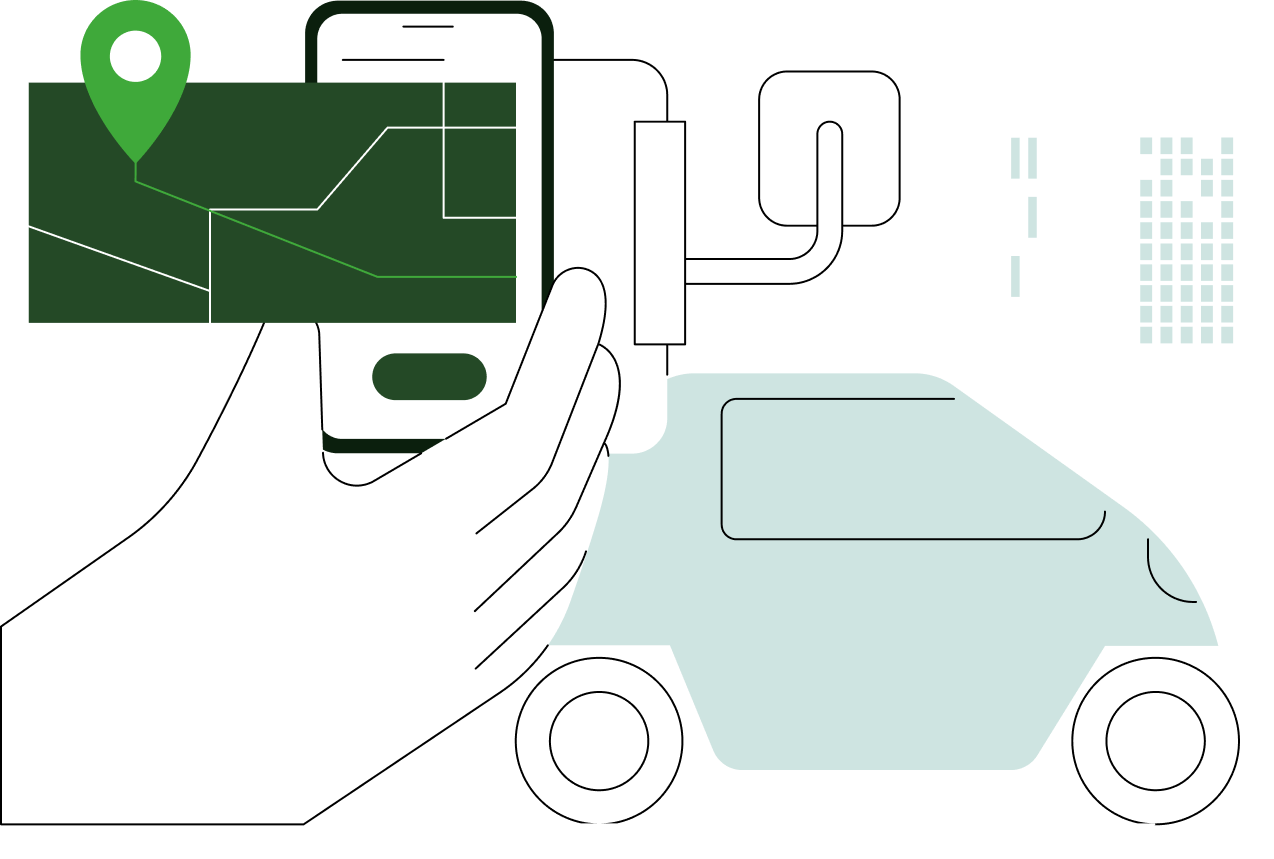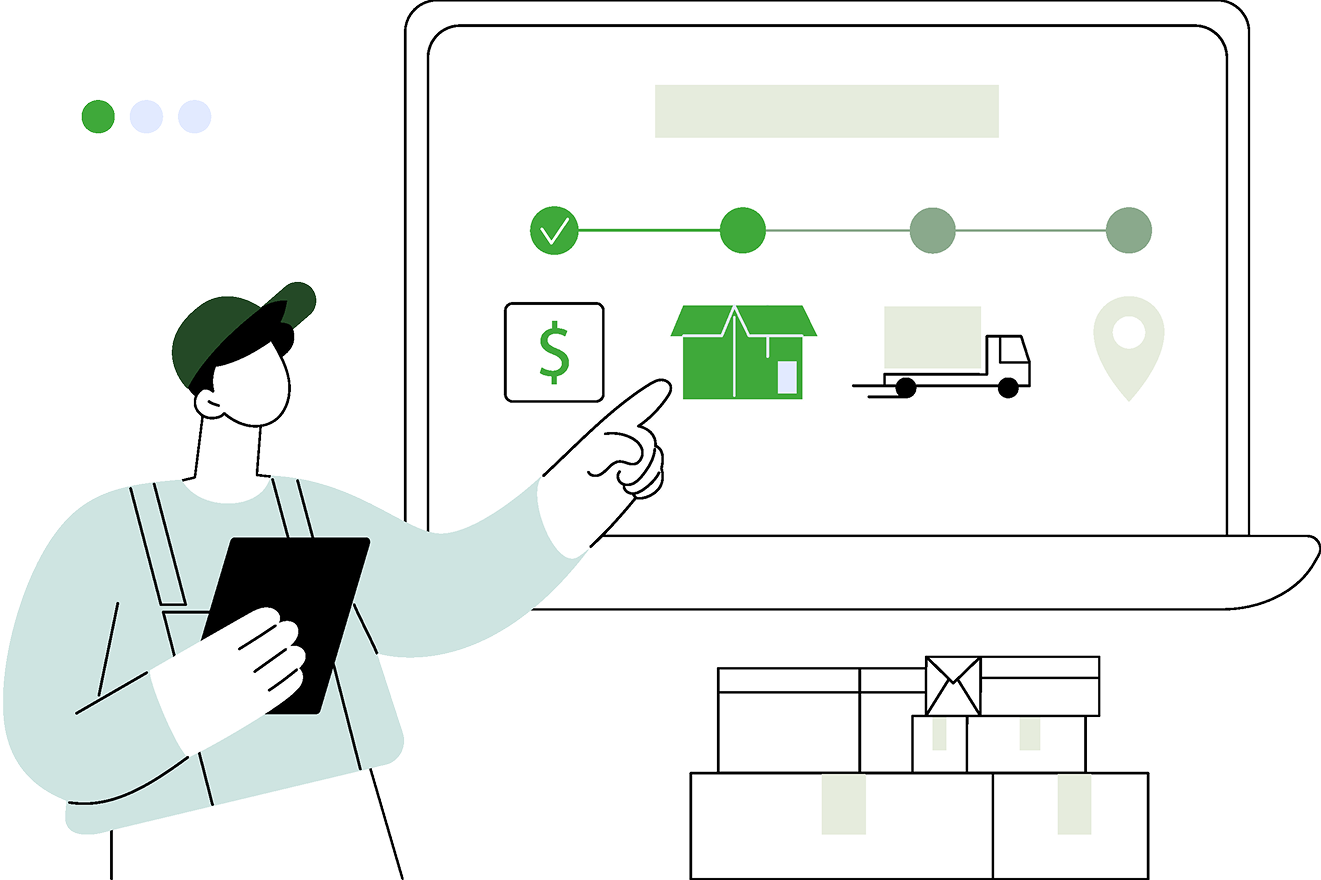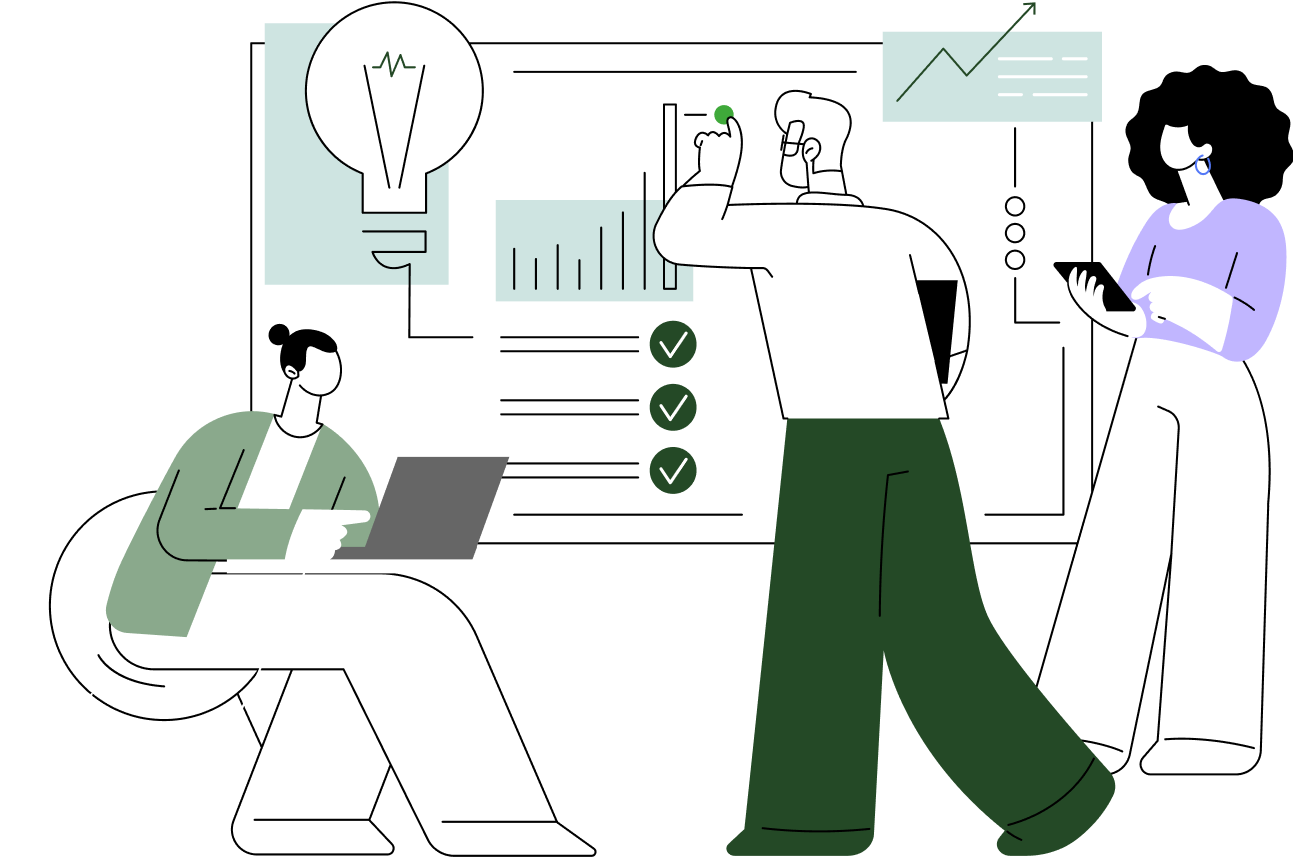Businesses today collect more data than ever before. Using this data well can help you stay ahead of competitors.
Two main systems help turn data into useful insights: Lambda and Kappa architectures. Your choice between them affects how quickly you get answers and how much you spend.
We've helped many businesses set up these systems over the past years. The right choice saves money and speeds up decisions. The wrong choice wastes time and resources.
Let's look at what each system does and which might work better for your needs.
Key takeaways
- Lambda uses two systems, one for analyzing stored data and one for real-time information
- Kappa uses just one system for everything, making it simpler but sometimes less powerful
- Lambda takes more work to maintain but gives better accuracy for complex questions
- Kappa needs less upkeep but might struggle with huge amounts of historical data
- Pick the system that matches your business needs, not just what's trendy
How Businesses Handle Data Today
Before diving into Lambda and Kappa, let's cover the basics of data processing.
Two Main Methods for Processing Data
Batch processing works with large chunks of data all at once. Think of monthly reports that analyze all your customer information together.
Stream processing handles data right as it comes in. This powers things like instant alerts when something important happens.
Most businesses need both kinds. That's why experts created Lambda and Kappa, to solve this challenge in different ways.
Lambda Architecture
Nathan Marz introduce Lambda in 2011 to give businesses both batch and streaming benefits. It has three main parts:
Batch Layer
This stores all your raw data and processes it completely. It's like doing a deep dive into all your information. It's thorough but not instant.
Speed Layer
This handles new data as it arrives. It's quick but doesn't look at everything at once.
Serving Layer
This combines results from both layers to give you complete answers that include both historical and current information.
Companies like Netflix use Lambda when they need both deep analysis and quick updates.
Kappa Architecture
Jay Kreps created Kappa in 2014 as a simpler option. Instead of two separate systems, Kappa uses just one:
One Stream for Everything
All data, both old and new, flows through one system. Think of it as a single pipeline that handles everything.
How Kappa Works
- All data gets saved as a stream of events
- The same code processes both old and new data
- When you need to analyze old data, you just replay the saved events
Companies like Uber choose Kappa when they want simplicity and focus mainly on real-time needs.
The Main Differences
Let's compare these systems on things that matter to businesses:
Building and Maintenance
Lambda: Needs two sets of code to maintain. This means more work for your team.
Kappa: Uses one set of code for everything. This means less work and fewer headaches.
Speed and Power
Lambda: Can optimize each part for its job, batch for deep analysis, streaming for speed.
Kappa: Might slow down when processing lots of historical data since everything goes through one system.
Reliability and Accuracy
Lambda: Offers better data accuracy through its complete batch processing.
Kappa: Works well for recent data but might struggle with large amounts of historical information.
Cost
Lambda: Usually needs more computing power and storage.
Kappa: Often costs less to run but depends on strong streaming systems.
How to Choose the Right System
Your choice should depend on what your business needs:
Pick Lambda When:
- You need both deep analysis of past data and real-time insights
- Your team can handle maintaining two systems
- Accuracy is very important
- You have lots of historical data to process
Pick Kappa When:
- You mainly need real-time processing
- Your team wants to keep things simple
- You don't have huge amounts of historical data
- You value simplicity and faster development
Ask These Questions:
- How much of your work involves analyzing past data?
- How quickly do you need insights from new data?
- How many technical resources does your team have?
- What's your budget for computing resources?
Real Success Stories
These systems power many businesses you know:
Netflix Uses Lambda
Netflix shows you movie recommendations using Lambda. The batch layer studies what you've watched before. The speed layer looks at what you're watching right now.
Result: Better movie suggestions for over 230 million viewers worldwide.
Uber Uses Kappa
Uber matches riders with drivers using Kappa with a single pipeline processing location data instantly.
Result: Quick matching of riders with drivers while still keeping trip records for later analysis.
Disney World Uses Kappa
Disney World monitors park operations with Kappa, handling 200,000 events per second.
Result: Real-time tracking of rides and visitor movement across their parks.
New Trends in Data Processing
The field keeps changing with several new developments:
Cloud Processing
Cloud services now handle much of the complex work automatically, letting your team focus just on their data.
Edge Computing
Processing happens closer to where data is created (like devices and sensors), making things faster.
Combined Tools
New tools can handle both batch and stream processing together, blurring the line between Lambda and Kappa.
Ready-to-Use Services
Cloud providers now offer streaming services that make Kappa-style systems easier to set up for businesses of all sizes.
Steps for Success
If you want to set up either system, follow these steps:
- Start small with a test project
- Try it with real-world data volumes
- Track how much it costs to run
- Train your team on the tools you pick
- Document your process for future reference
Common Mistakes to Avoid:
- Building something more complex than you need
- Not planning for ongoing maintenance
- Choosing based on trends instead of your actual needs
- Forgetting about data security
- Not testing with realistic data volumes
Benefits of Getting This Right
When you pick the right system, you'll see real business benefits:
- Faster insights: Get answers when you need them
- Less technical work: Your team spends less time fixing systems
- Better decisions: Better data leads to smarter business choices
- More flexibility: Your systems can grow as your needs change
- Competitive edge: Companies with better data insights perform better
The right system doesn't just process data, it helps your whole business run better.
FAQ
What's the main difference between Lambda and Kappa?
Lambda uses two separate systems, one for batch processing and one for streaming. Kappa uses just one system for everything.
When should we use Lambda?
Choose Lambda when you need both deep analysis of historical data and real-time insights, especially with large amounts of data.
When is Kappa better?
Kappa works best when you mainly need real-time processing, want simpler maintenance, and don't have huge amounts of historical data.
Can we switch from Lambda to Kappa?
Yes, but plan carefully to make sure your streaming system can handle all your data volumes.
Do these work with cloud services?
Yes, both work well with cloud services. Lambda can use cloud storage for batch processing and streaming services for real-time needs.
Summary
Choosing between Lambda and Kappa is an important business decision.
Lambda's two-part approach offers thorough processing but needs more maintenance. Kappa offers simplicity but might not handle large amounts of historical data as well.
Your choice should match your specific needs: how much data you have, what you need to do with it, your team's skills, and your budget.
Whether you pick Lambda's thoroughness or Kappa's simplicity, success comes from matching the system to your unique situation.
The right system doesn't just process data, it helps your business thrive in today's data-driven world.



.png)
.png)
.png)









